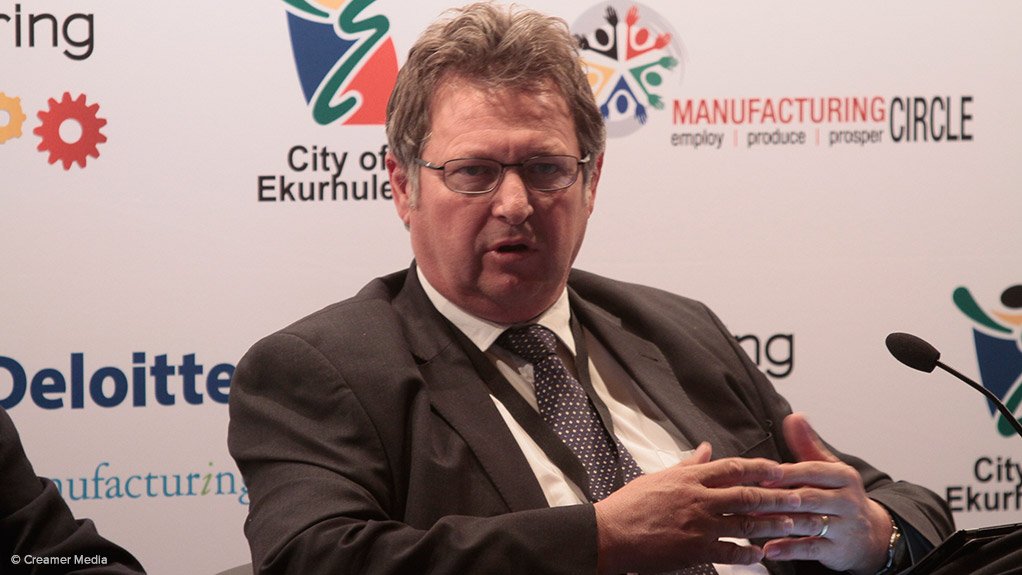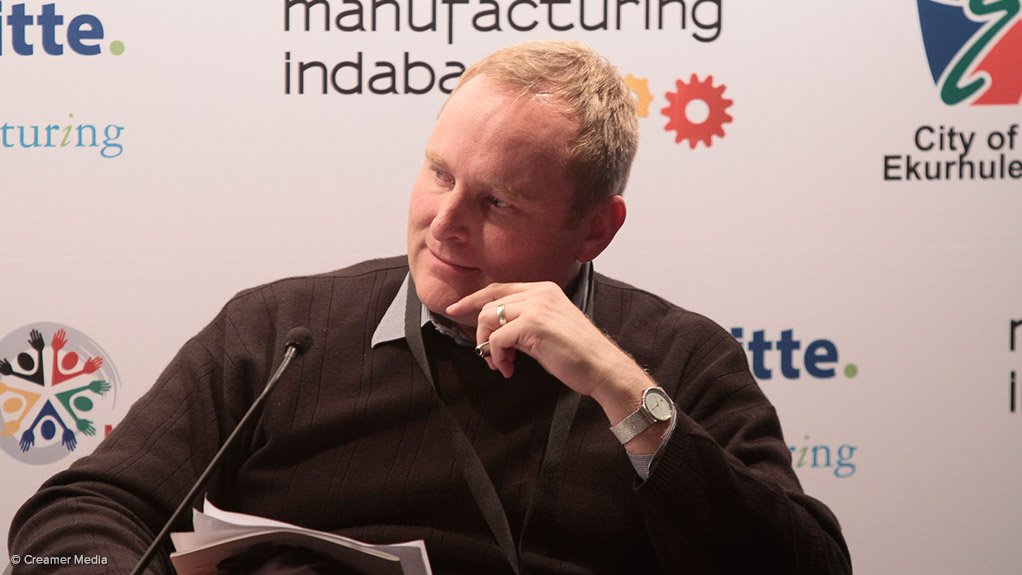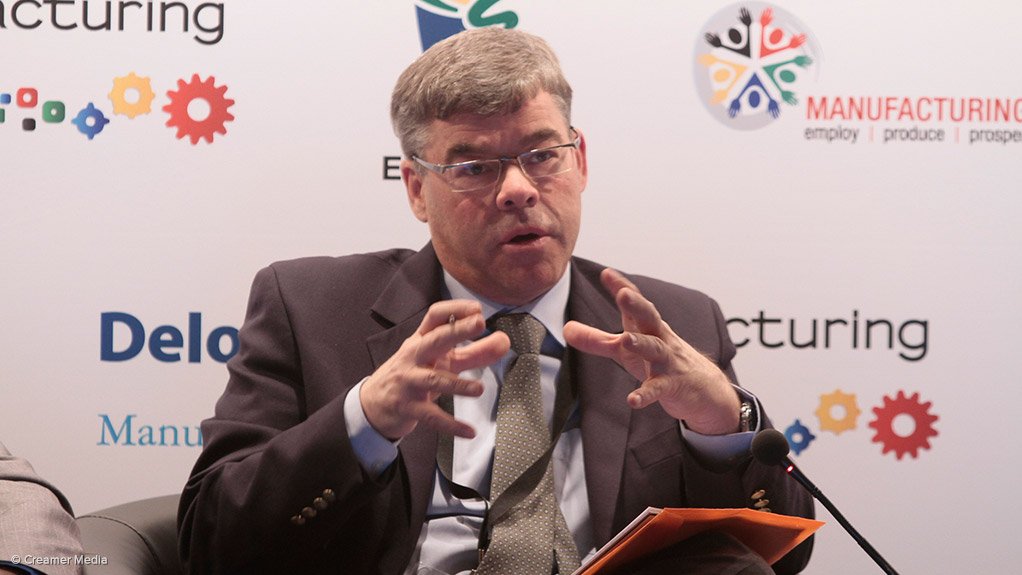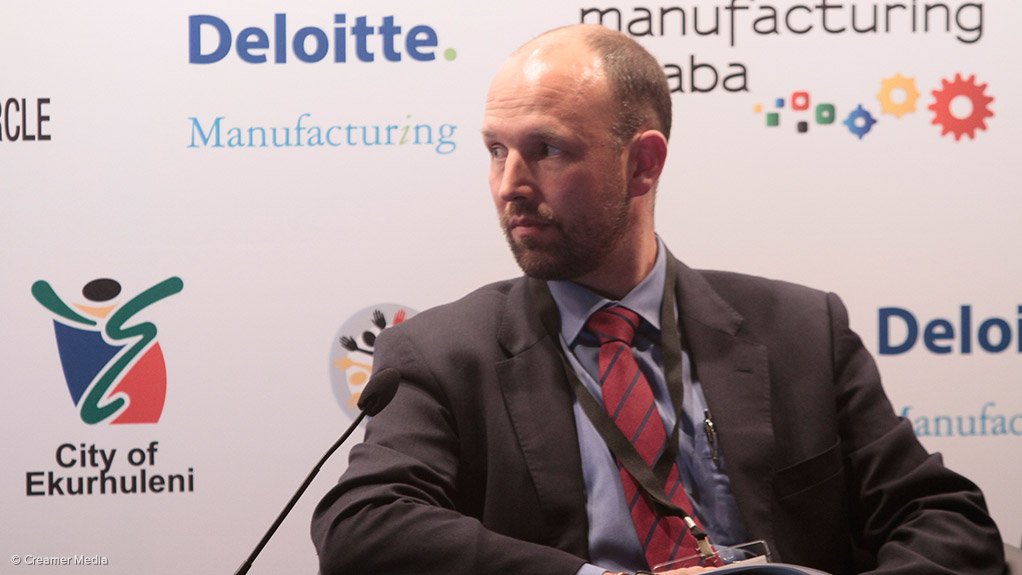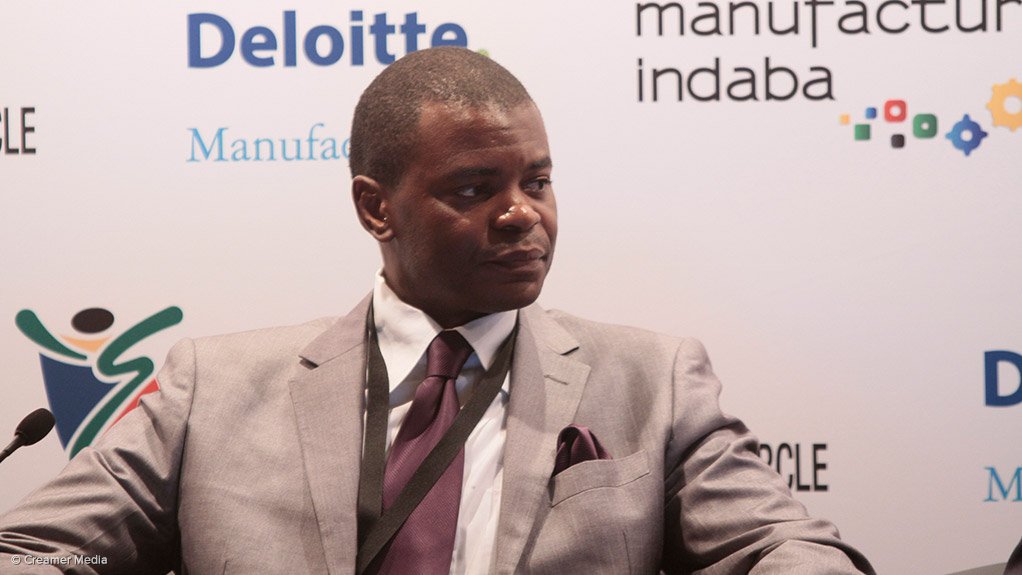Africa has to industrialise and people in Africa should lead this process, Nissan South Africa MD Mike Whitfield said on Monday.
Speaking as part of a panel at the inaugural Manufacturing Indaba, in Kempton Park, he said Africa no longer had a choice in terms of industrialisation.
“[The continent] has to industrialise. There will be obstacles but we have to do it,” Whitfield said.
He added that for Africa’s industrialisation to take place, the continent’s governments would need leadership skills and to provide investment enablers.
Policy and how it is approached would also have to be changed to enable industrialisation, Whitfield noted, stating that a clear policy framework, or at least a clear policy direction, would be needed.
“If we want to grow industrially, we [also] need to ensure that we can facilitate logistics,” he stated, referring to the need to eliminate difficulties in terms of border systems and infrastructure, when transporting goods from one country to another.
Meanwhile, also speaking as part of the panel, Good Governance South Africa CEO Dr John Endres pointed out that manufacturing currently made up about 10% of sub-Saharan Africa’s gross domestic product (GDP).
“This is not very much. Also, when looking at the top three exports of each African country, filtered for manufactured products, there wasn’t a single one,” he said.
Endres highlighted that, currently, Africa mostly exported items such as oil, gas, beef, fish, hides and gold, which were all commodities.
“So, we really need to diversify our economies if we want this story of ‘Africa Rising’ to continue,” Endres said.
He added that governments played a significant role in this and could do a lot to create an enabling environment that invited investors, business growth and entrepreneurship.
However, Nampak group CE Rob Morris pointed out that most African countries were not equipped for quick growth in manufacturing, to diversify their economies, as they faced various challenges.
These included a lack of infrastructure, poor energy supply, difficult regulatory environments, low skills levels and corruption.
“However, the population, urbanisation and GDP growth is there, so the opportunities are vast,” Morris said.
Speaking on opportunities in Africa, law firm Webber Wentzel oil and gas head John Smelcer said significant oil and gas discoveries on the African continent and offshore would provide great opportunity in future, as the oil and gas would need to be refined onshore before it could be sold.
RISK
ArcelorMittal South Africa chief economist Chifipa Du Mhango said, when speaking about risk in Africa, the issue was often generalised; however, to get a clear picture, risk had to be assessed for each country, sector and project individually.
He also stated that in Africa there was a “do-it-yourself” approach to investment as companies had to mitigate risk by putting in their own infrastructure to support their projects.
“Africa is not a place where you can live in luxury in terms of doing business,” Du Mhango said.
Endres added, though, that Africa could perhaps also attract more investment if a better marketing job was done to show the international community that the risks of doing business on the continent were not as high as they were often perceived to be.
EMAIL THIS ARTICLE SAVE THIS ARTICLE
To subscribe email subscriptions@creamermedia.co.za or click here
To advertise email advertising@creamermedia.co.za or click here








